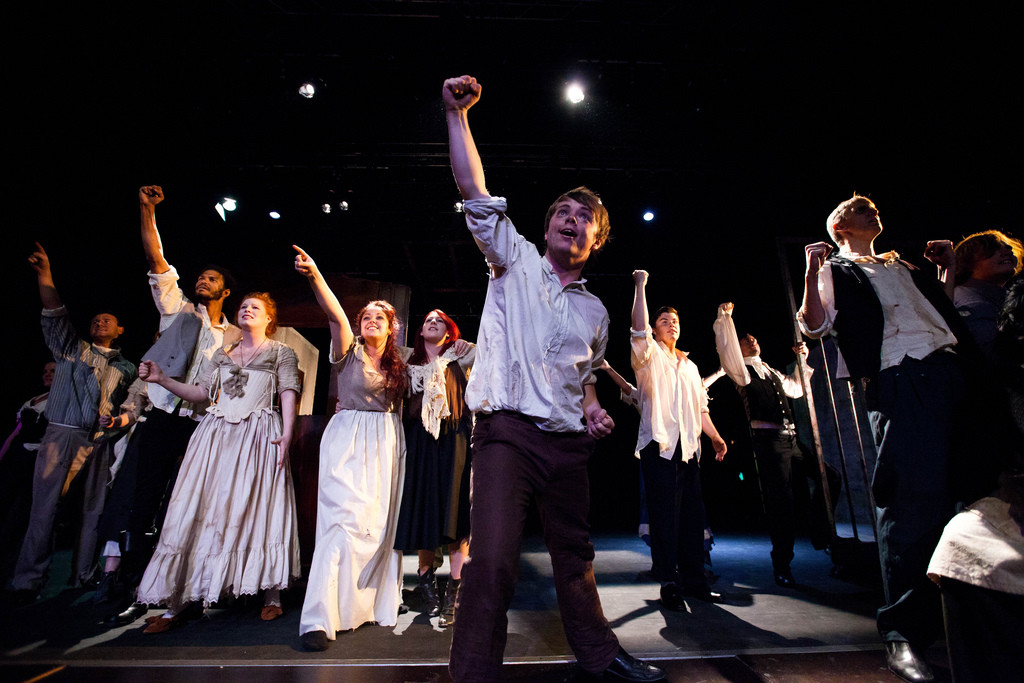
Here’s some good news for your new year. A study published in the Economic Development Quarterly shows that the arts boost urban economies overall.
“Economic development in the current century may favor those metropolitan areas that attract the ‘knowledge class,'” the researchers wrote in the study’s Abstract.
In fact, let’s continue on with the rest of the Abstract:
“This study provides a cross-sectional analysis associating the presence of one or more professional symphony, opera, or ballet/dance organizations with knowledge class growth. The authors find that the presence of one type of such organization is associated with a 1.1 percent change in knowledge class employment over the period from 2000 to 2010, two types are associated with a 1.5 percent change, and all three are associated with a 2.2 percent change. Between 2000 and 2010, the presence of at least one professional performing arts organization is associated with about 540,000 knowledge class jobs, generating about $60 billion in annual income among those 118 metropolitan areas with professional performing arts organizations. Metropolitan economic development implications are offered.”
In addition, areas with only one or two performing arts organizations experienced positive economic impacts. For example, Austin, Texas; Cincinnati, Ohio; Nashville, Tennessee; Providence, Rhode Island; Sacramento, California; and San Antonio, Texas (home of this year’s Performing Arts Managers Conference); “each generated over $200 million in knowledge-class income.”
For more on the study, please read Richard Florida’s article, “How the Arts Add to Urban Economies” in CityLab.
(Image: Lake Crimson/Creative Commons)
